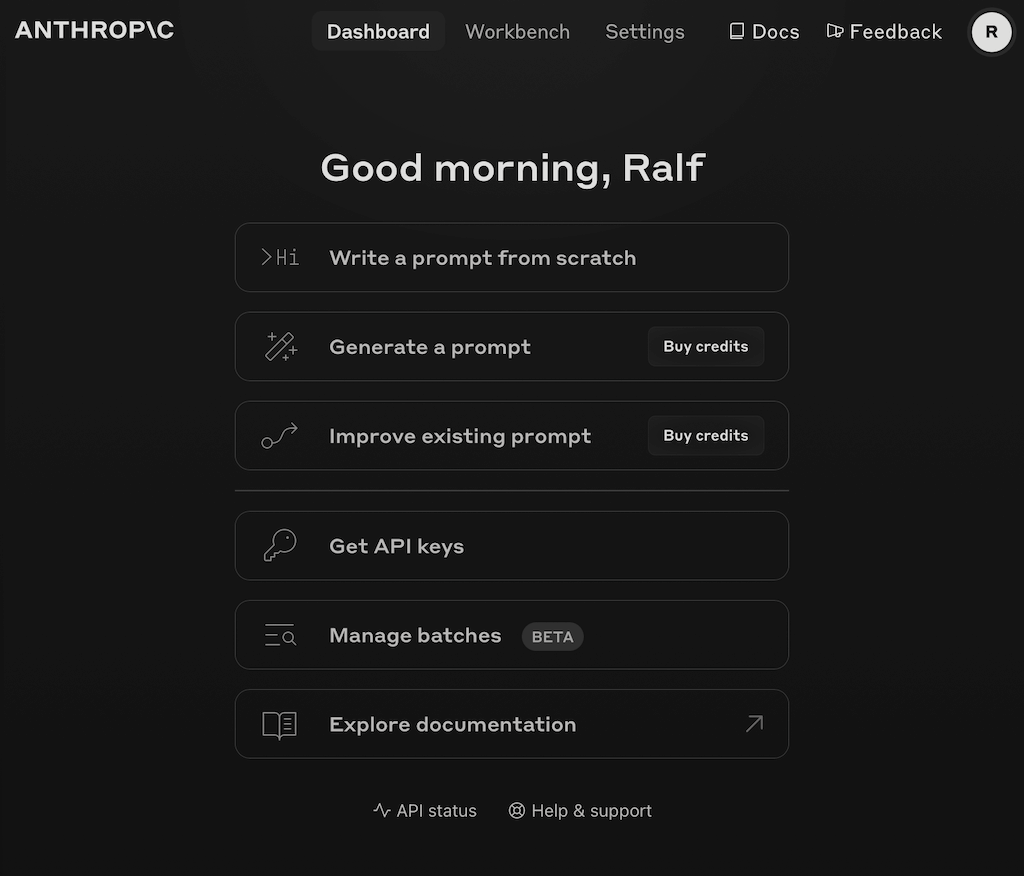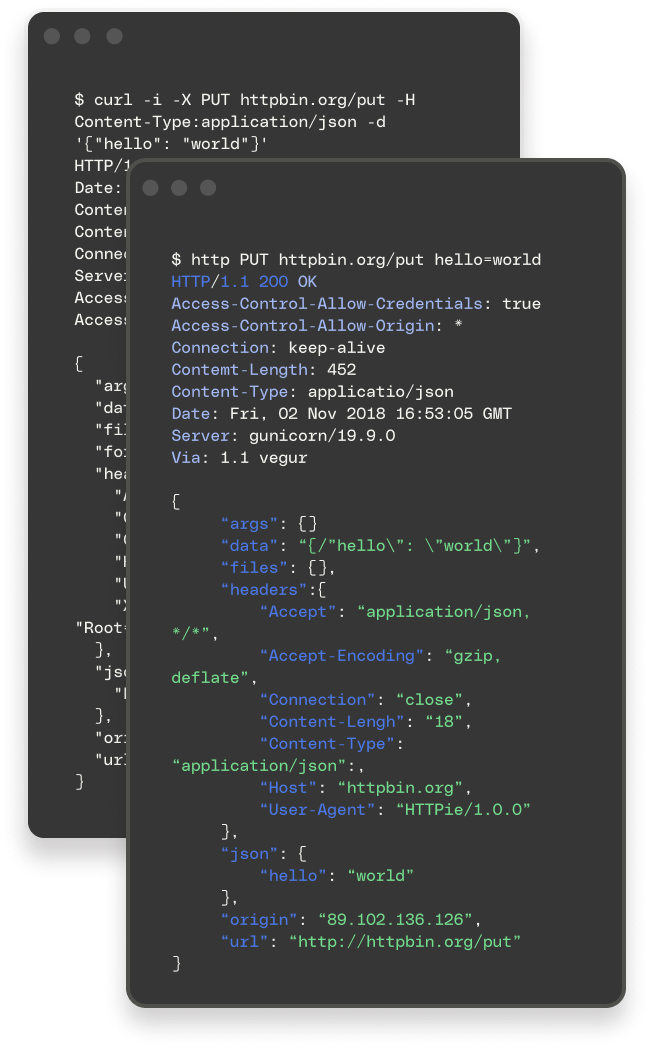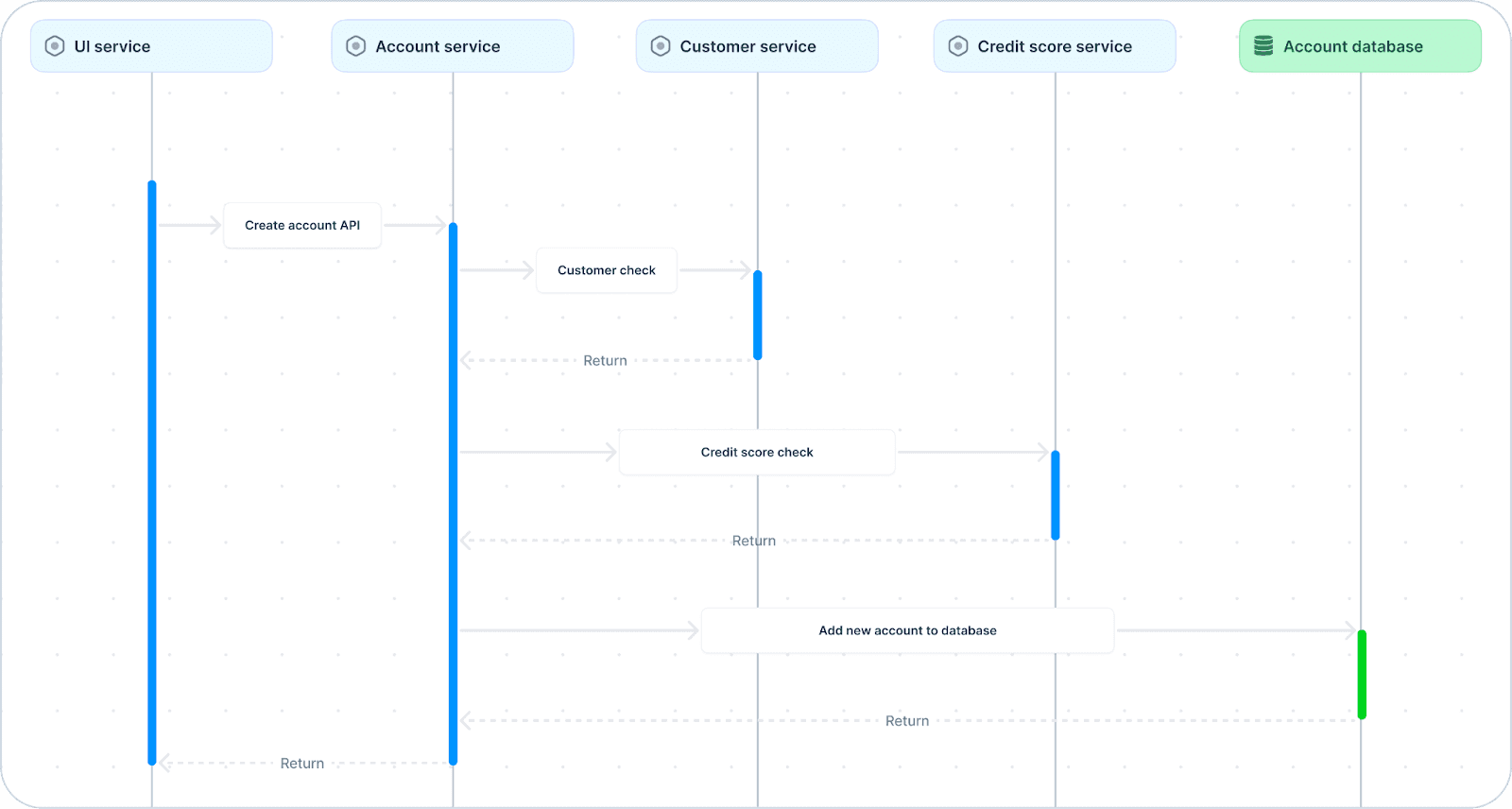
The Billing Setup Will Fail Twice Before It Works
Here's what actually happens when you try to get Claude API working:
First, you'll hit console.anthropic.com thinking this will be quick. Nope. The sign-up form rejects your perfectly valid email because their spam filter hates custom domains. Learned this after trying 3 different work emails. Just use Gmail - it's the only thing that works reliably.
Real account setup process: Check Anthropic's account setup guide for the official steps, but expect delays not mentioned in their docs.
Step 1: Navigate The Billing Maze
Email verification takes forever - not the "instant" bullshit they promise. Then you hit the billing wall. Claude API has zero free tier, unlike OpenAI's $5 credit. You're dropping $5 minimum before making one goddamn API call. Check the current Claude pricing structure for the latest minimum billing requirements.
The credit card rejection dance:
- Your card gets declined the first time (fraud protection)
- Second attempt works, but charges you immediately
- Phone verification randomly required (usually for US cards)
- International cards need manual review (24-48 hour delay)
Pro tip: Use a business credit card if you have one - personal cards trigger more fraud alerts. This pattern is common across AI services - see Google Cloud AI pricing and Azure OpenAI billing for comparison. If you're an enterprise, prepare for even more bureaucracy with Anthropic's Claude for Work.
Step 2: The Phone Verification Trap
Here's the fun part: phone verification is "optional" until it isn't. Random accounts get flagged and you'll get locked out until you verify. SMS codes take 5-15 minutes to arrive, and the form times out after 10 minutes.
If you're outside the US: Good luck. International SMS is spotty and customer support takes forever to respond. I learned this the hard way when trying to set up Claude for a London client - what should have been a 10-minute setup turned into a three-day ordeal. Their SMS system kept fucking up the verification codes, and customer support took 4 days to manually verify the account.
Gotcha that cost me an hour: The console sometimes breaks in older browser versions. Had to switch to Firefox to even see the verification form properly. Of course this isn't mentioned anywhere in their docs.
Step 3: API Key Generation (The Part That Actually Works)

Once you're past the billing nightmare:
- Hit API Keys in the sidebar
- Click Create Key
- Name it something useful like "dev-testing" or "prod-client-project"
- Copy it NOW - they don't show it again and recovering keys is a pain
Your key starts with sk-ant-api03- followed by a long random string.
Security stuff that actually matters (not the usual "best practices" bullshit):
- Stick it in a
.envfile:ANTHROPIC_API_KEY=sk-ant-api03-your-key-here - Add
.envto.gitignoreNOW before you accidentally commit it (I've done this twice) - For production, use AWS Secrets Manager or HashiCorp Vault - not environment variables on the server
The Models and Costs That'll Surprise You
Current models as of September 2025 (pricing changes monthly, so check the console):
| Model | What It's Actually Good For | Input (per 1M tokens) | Output (per 1M tokens) |
|---|---|---|---|
| Claude Haiku 3.5 | Quick responses, cheap experiments | $0.80 | $4.00 |
| Claude Sonnet 4 | Most stuff, best balance of speed and intelligence | $3.00 | $15.00 |
| Claude Opus 4.1 | Complex reasoning, expensive as hell | $15.00 | $75.00 |
Reality: I've been using Sonnet 4 in production since June. It's good enough for most tasks and won't bankrupt you like Opus will.
Reality check: My first production deploy in July - estimated like $50/month, actual bill ended up being $170 or $180, something crazy like that. Why? Token counting is a mindfuck. A "simple question" is ~50 tokens, but Claude loves to ramble and hits 500+ tokens in the response. One customer support chatbot we built burned through a bunch of money in a single day when a user started asking it to write entire Python scripts. Compare with GPT-4 pricing and Gemini pricing for context.
Token counting is bullshit: Their "4 characters = 1 token" is approximate. JSON, code blocks, and special characters screw with the count. Always budget 25% more than estimates. Use Anthropic's tokenizer for actual counts.
Testing Your Setup (And Why It'll Fail)
Here's the cURL. It'll probably fail because everything does:
## Test API endpoint - requires POST with authentication headers
curl -X POST \"https://api.anthropic.com/v1/messages\" \
-H \"Content-Type: application/json\" \
-H \"x-api-key: $ANTHROPIC_API_KEY\" \
-H \"anthropic-version: 2023-06-01\" \
-d '{ \
\"model\": \"claude-sonnet-4-20250514\",\
\"max_tokens\": 100,\
\"messages\": [\
{\"role\": \"user\", \"content\": \"Hello! Is this working?\"}\
]\
}'
When it fails (and it will):
- 401 Unauthorized: Your API key is wrong or you typoed it
- 402 Payment Required: Billing isn't set up properly (most common)
- 429 Rate Limited: You hit their 50 requests/minute limit
- 400 Bad Request: Missing the
anthropic-versionheader (this one's stupid but required)
Nuclear option: If nothing works, delete your API key and make a new one. Sometimes their key generation glitches. Check Anthropic's status page first.

What's Next
Assuming you got a JSON response back (congrats!), you're ready for the real pain: actually integrating this into your app. The next sections cover how to do this in Python and JavaScript without losing your mind.


![How to Get Claude API Key EASILY (FULL GUIDE) [2024] by WiseUp thumbnail](/_next/image?url=https%3A%2F%2Fimg.youtube.com%2Fvi%2F5yf-8Wz1CDM%2Fmaxresdefault.jpg&w=3840&q=75)